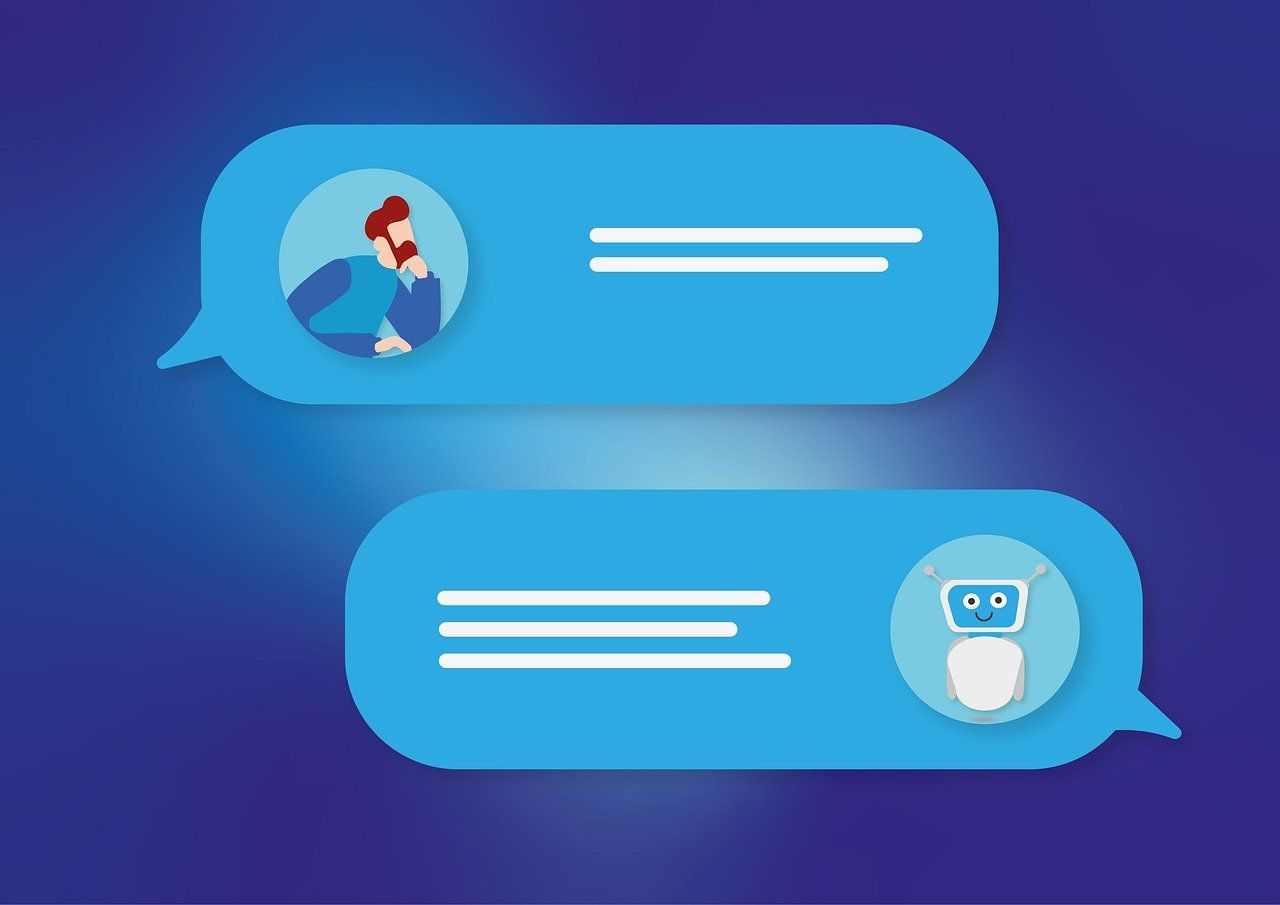
Bill Gates Says AI Will Help Solve the Global Doctor Shortage
 Imagine living in a remote village where the nearest doctor is hundreds of miles away. For many, this isn't just a scenario but a daily reality. The global shortage of healthcare professionals has left millions without adequate care, a challenge that seems insurmountable. Yet, amidst these daunting figures, a beacon of hope emerges from an unexpected source: technology.
Imagine living in a remote village where the nearest doctor is hundreds of miles away. For many, this isn't just a scenario but a daily reality. The global shortage of healthcare professionals has left millions without adequate care, a challenge that seems insurmountable. Yet, amidst these daunting figures, a beacon of hope emerges from an unexpected source: technology.
Bill Gates, a name synonymous with innovation, suggests that Artificial Intelligence (AI) could be the key to solving this crisis. But how can technology typically associated with robots and computers fill the void left by human doctors?
Understanding the Global Doctor Shortage
The Current Scenario
Globally, the healthcare system is under strain. The World Health Organization reports a projected shortfall of 18 million health workers by 2030, primarily in low- and middle-income countries. This shortage means delayed treatments, undiagnosed conditions, and ultimately, lives at risk.
Impact on Healthcare
The consequences of this shortage extend beyond individual health, affecting economic stability and development. In regions hardest hit, the lack of healthcare professionals means preventable diseases go unchecked, and emergency responses are drastically weakened.
The Role of AI in Healthcare
AI Basics
At its core, AI involves machines learning from data, making decisions, and performing tasks that typically require human intelligence. In healthcare, this translates to algorithms diagnosing diseases from X-rays or managing patient data more efficiently than ever before.
Real-World Applications
From chatbots that provide preliminary medical advice to algorithms predicting patient admissions, AI is already transforming healthcare. These tools support overburdened medical staff, allowing them to focus on critical cases and patient care.
Bill Gates' Vision for AI in Solving the Doctor Shortage
Gates' Advocacy for AI
Bill Gates envisions a world where AI complements the human touch in healthcare. By automating routine tasks and analyzing vast amounts of data, AI can enhance the efficiency and reach of healthcare services.
Potential Benefits
The integration of AI into healthcare promises to make medical knowledge more accessible, improve diagnostic accuracy, and personalize patient care. This technology could extend the capabilities of existing healthcare workers, making each professional's impact more significant.
Challenges and Considerations
Ethical Concerns
With AI's rise come questions about privacy, consent, and the role of machines in making life-altering decisions. Navigating these ethical waters will be crucial in making AI a trusted part of healthcare.
Implementation Hurdles
Adopting AI on a global scale involves overcoming significant challenges, including technological infrastructure, training healthcare workers to use AI tools, and ensuring equitable access across economic divides.
Conclusion
The potential of AI to address the global doctor shortage is immense, offering a glimpse into a future where healthcare is more accessible and efficient. As we stand on the brink of this healthcare revolution, it's essential to stay informed and support initiatives that leverage technology for the greater good.
Related Articles


